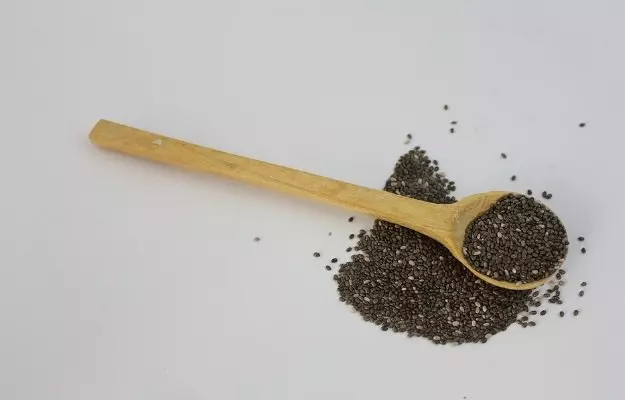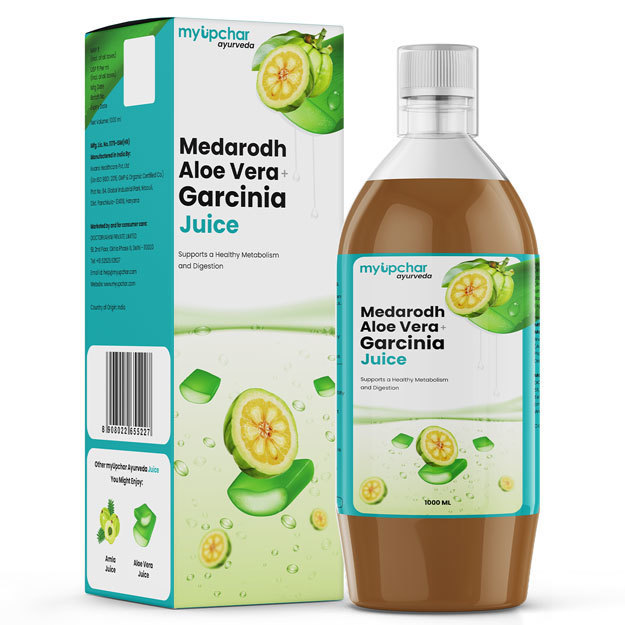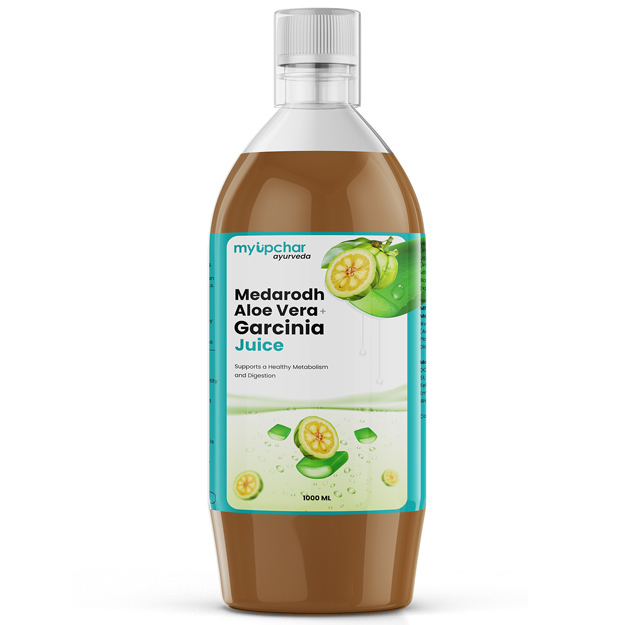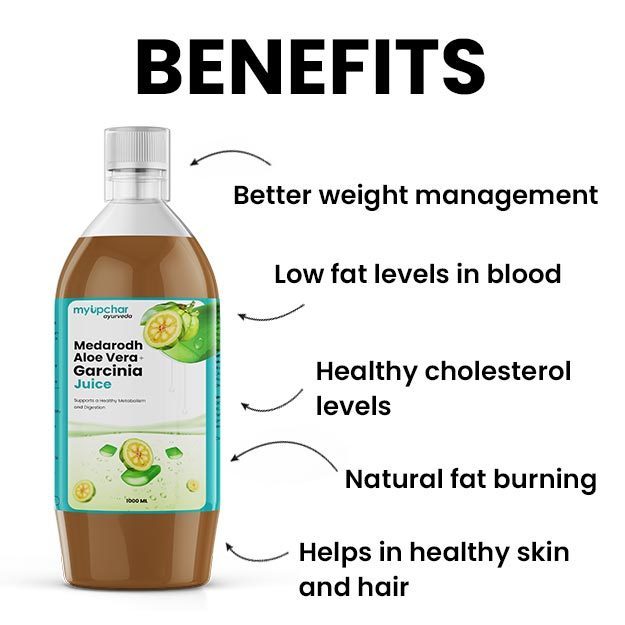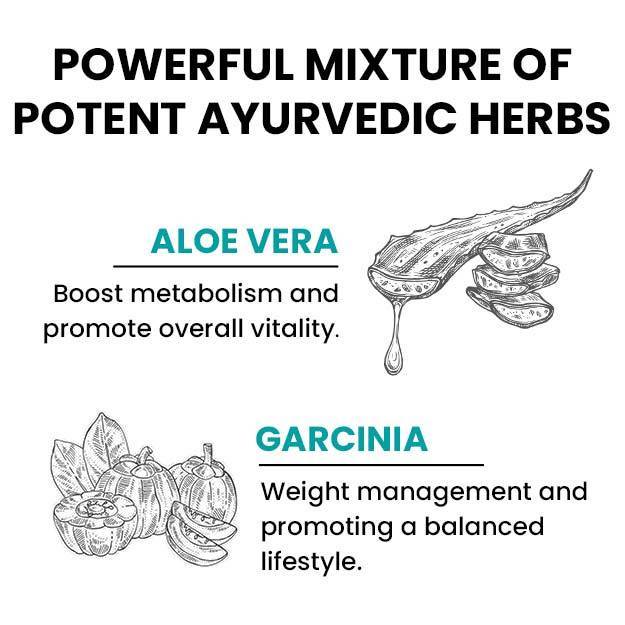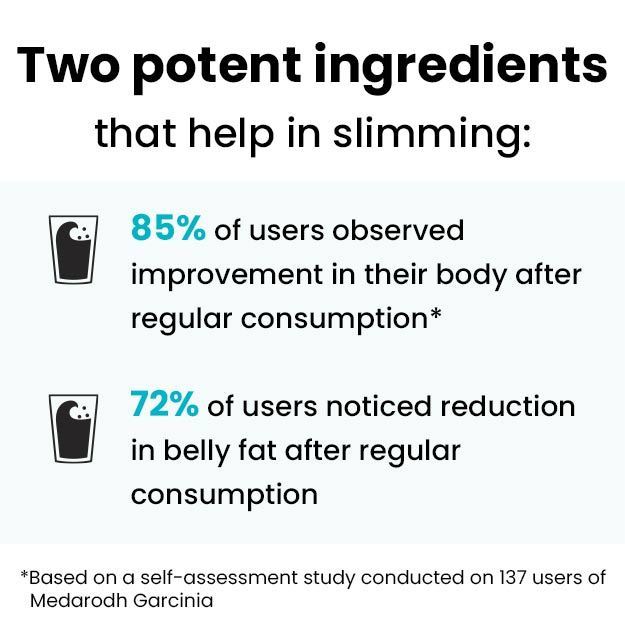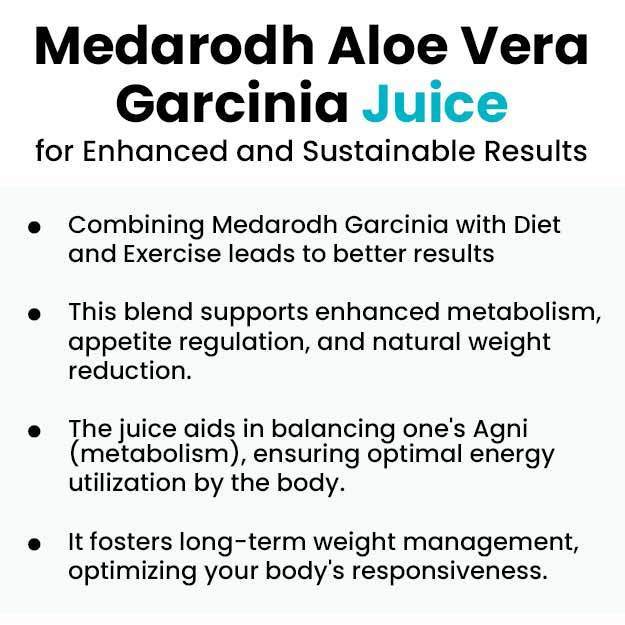Motte-coloured and oval in shape, chia seeds are obtained from the chia plant, Salvia hispanica. Usually 1 millimeter in diameter, these tiny seeds are a storehouse of energy. In fact, they derive their name from an ancient Mayan word for strength. According to some historians, chia seeds were first cultivated by the Aztecs tribes which are were located somewhere around the modern day Mexico and Guatemala. The energy building properties of chia seeds were considered so sacred by these American Indian tribes that it was an apt offering for Aztec priests.
Today, chia seeds are also commercially cultivated throughout South America, Central America, and Australia.
Apart from having a rich history, the many health benefits of chia seeds have quickly gained it the title of a modern superfood. These seeds are not only rich in Omega-3 fatty acids and fibers, but they also have a high content of antioxidants, vitamins, and minerals. So, they not only nourish your body but they can also help you fight against various conditions like digestive disorders, cardiovascular diseases, and hypertension. Looking at all of these nutritious and health building, it is not hard to believe that chia seeds a truly a functional food.
Some basic facts about Chia seeds
- Botanical name: Salvia hispanica
- Family: Labiatae
- Other Names: Mexican chia or Salba chia
- Native region and geographical distribution: This native plant of Mexico and Guatemala is also commercially cultivated in Argentina, Australia, Bolivia, Ecuador, Nicaragua, Peru and the United States.
- Fun Facts: Joe Pedott from Joseph Enterprises Inc, a California based company, marketed animal-shaped terracotta figurines to sprout chia. After watering for a couple of weeks, he sprouted Chia plants which resembled the fur or the hair of the animal figurine. In 2007, about 5,00,000 of these Chia Pets were sold as a house novelty in the US.

